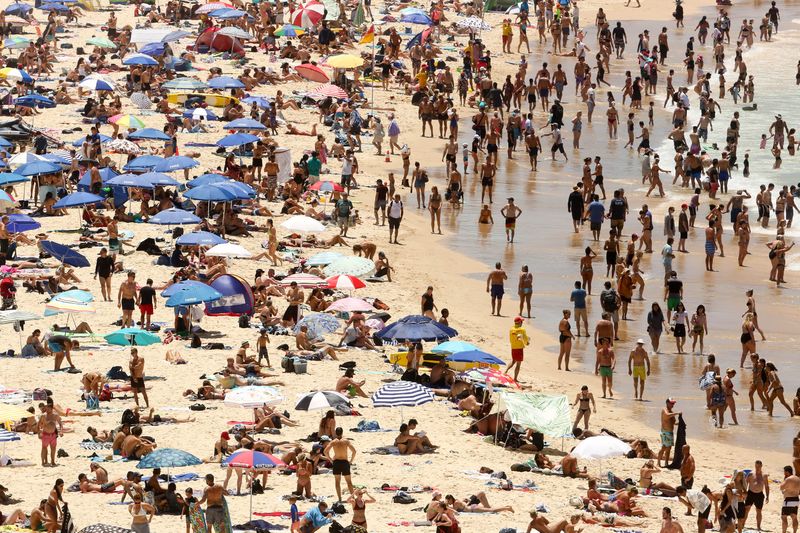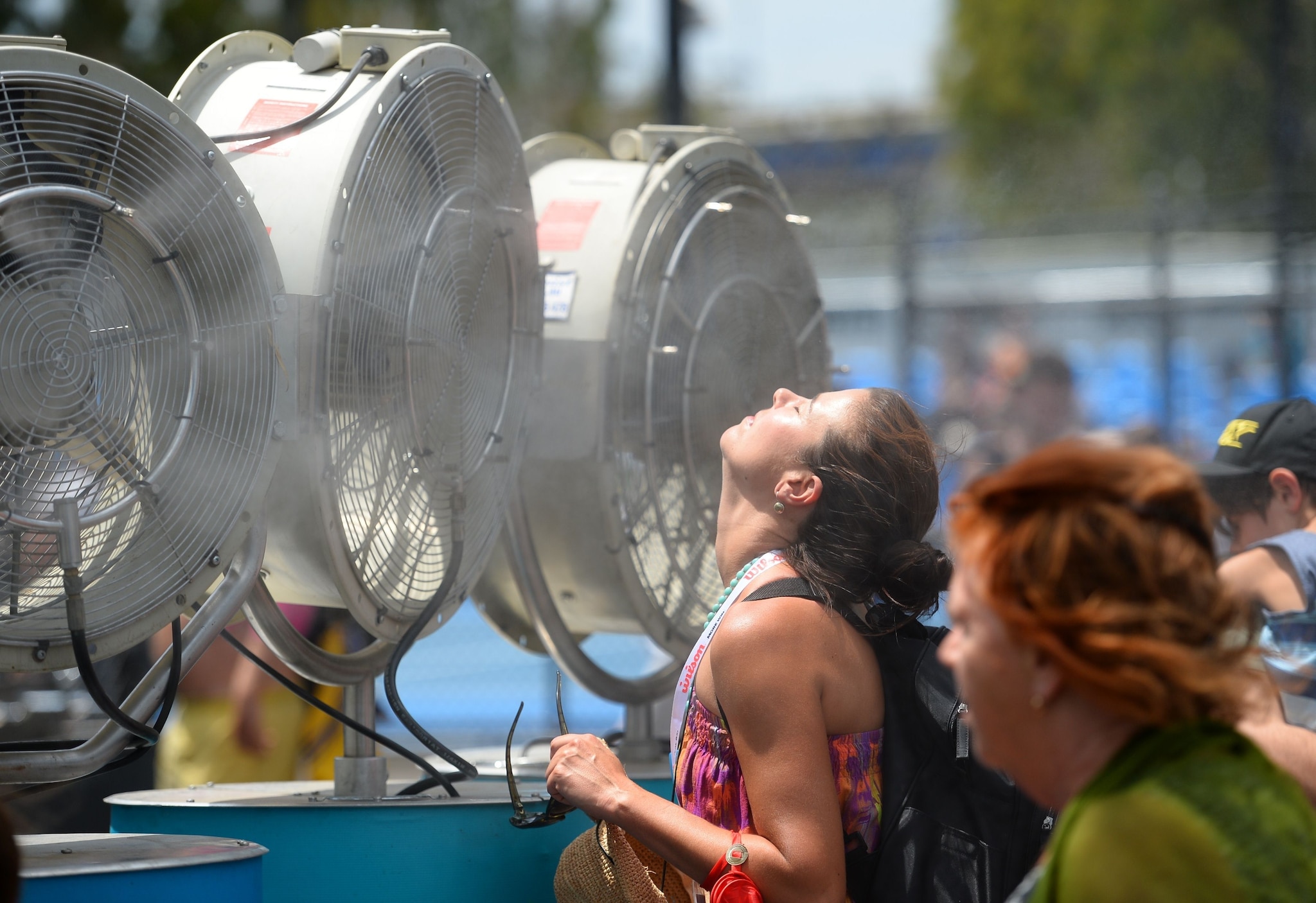For the first time, scientists have identified an association between rising temperatures caused by climate change and poor mental health, even suicides, according to a paper published in the Medical Journal of Australia and The Lancet.
"In Australia, hot days have a damaging effect on [the] whole population equivalent to that of unemployment and predict hospitalisation for self-harm," according to the paper.
The hotter the weather, the greater the impact, says Helen Berry, Professor Professor of Climate Change and Mental Health at the University of Sydney.
"What we have established is what's essentially been established in other countries in different ways, which is that there is a link between heat and suicide," Professor Berry told SBS News.

AAP
Heatwaves are a natural hazard
Heatwaves are considered the deadliest natural hazard in Australia and are being amplified in frequency, intensity and duration by climate change.
While the physical health impacts of heatwaves are clear, how they affect the mind is not so obvious.
To investigate this further, researchers looked at Bureau of Meterology data over the last decade to calculate the mean maximum temperature for each state and territory. This was then linked to the suicide rates for the same period.
"What we found generally speaking, like in other parts of the world, the hotter the weather the higher the suicide rate," said Professor Berry.
Surprisingly, the reverse was true in the cooler states of ACT and Tasmania.
"So the cooler the year the higher the suicide rate," said Professor Berry.

AAP
It's possible that people can't psychologically cope when forced to adapt in either very hot or very cold climate, explained the expert.
"Our bodies are adapted to the climate we live in, but I think we are also psychologically adapted, so when we live in a very hot or very cold climate we expect certain maximum temperatures and certain minimum temperatures.
The analysis was included in an, released on Thursday, on Australia's progress on tackling climate change health threats.
The report authors warn Australia has "gone backwards" and lags other developed countries including Germany and Britain when it comes to protecting people's health from the effects of climate change such as rising temperatures and air pollution.
The urgent need to decarbonise Australia
The paper stressed the need to decarbonise the Australian economy to reduce the main culprit of climate change, the burning of coal.
Doing this would have important health benefits, says co-author and public health physician Tony Capon.
READ MORE

Mr Capon, professor of Planetary Health at the University of Sydney, said every year an estimated 460,000 people around the world die from the toxic emissions produced by burning coal.
And it's likely that the burning of Australian coal in other countries causes more than 30,000 of those premature deaths every year, Professor Capon said.
"What that means every time that a ship loaded with coal leaves Australian shores we are exporting health harms with that coal to other countries, he said.
"If we transition from coal-fired power to renewable energy there will be less deaths from the toxic air pollution from the coal fired power stations."
Readers seeking support and information about suicide prevention can contact Lifeline on 13 11 14

